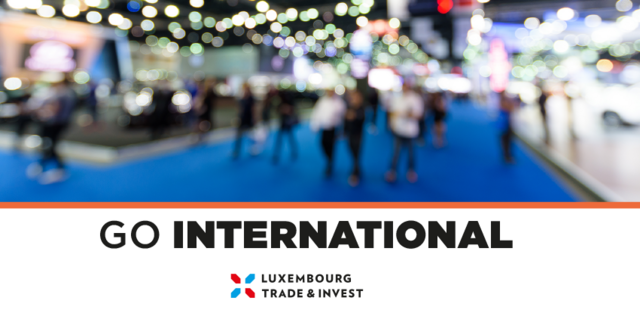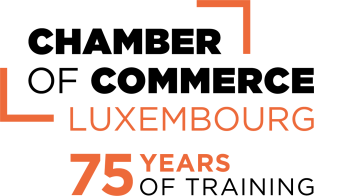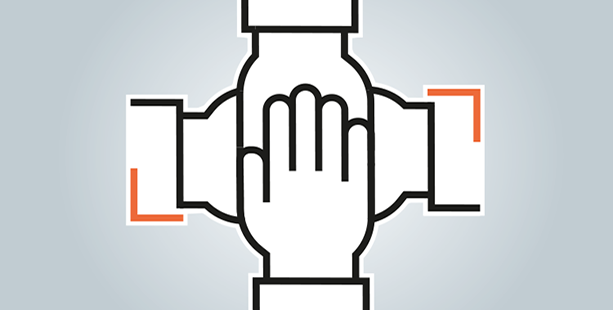
Ranking

The “Inclusive Development Index 2017” (IDI), a new global index from the World Economic Forum (WEF) was published this week. As indicated in the “Inclusive Growth and Development Report 2017”, the IDI, which analyzes 109 countries, conveys “ a more integrated sense of the relative state of economic development – and recent performance – than conventional rankings based on GDP per capita alone”. The IDI is hence an alternative ranking that shows many factors which can drive an inclusive growth process. It bases its calculation on different indicators, such as the advancement of living standards, poverty, inequality, environmental factors or social protection rather than on increased production of goods and services alone. As such, the IDI shows countries’ potential to simultaneously increase economic growth and social equity. Covering more than 109 economies, the IDI separates countries into two groups: advanced economies and developing economies. Following Norway (1st), Luxembourg positioned itself at a very good 2nd place (out of 30 advanced economies), which shows that growth has been translated well into social inclusion. When it comes to our neighbour countries; Germany, Belgium and France are ranked respectively at the 13th, 16th and 18th place, while the Netherlands occupy the 7th positon. As top financial centres, the United Kingdom and Ireland are situated at the 21th and 12th position.
In addition, the “2017 Bloomberg Innovation Index” was presented this week, ranking the world's 50 most innovative countries among a list of 78 economies. Factors used for the ranking range from research and development spending, patent activity to the concentration of high-tech public companies and researcher concentration. While the top three places go to South Korea, Sweden and Germany; Luxembourg occupies the 34th rank. Even though there is still some work to be done to ameliorate its ranking, notably in terms of “manufacturing value-added” (41th) and “tertiary efficiency” (e.g total enrollment in tertiary education, 49th), the Grand-Duchy has climbed one place since last year and positions itself well as far as “productivity” (4 th) and “researcher concentration“ (11th) are concerned. Besides, numerous actions and efforts have been undertaken in the field of “innovation”, a highly welcomed impetus especially with regards to digitalisation, research & development and entrepreneurship.
Please find more information on the Inclusive Growth and Development Report 2017, the Inclusive Development Index 2017, and the 2017 Bloomberg Innovation Index under : http://www3.weforum.org/docs/WEF_Forum_IncGrwth_2017.pdf and https://www.bloomberg.com/news/articles/2017-01-17/sweden-gains-south-korea-reigns-as-world-s-most-innovative-economies


